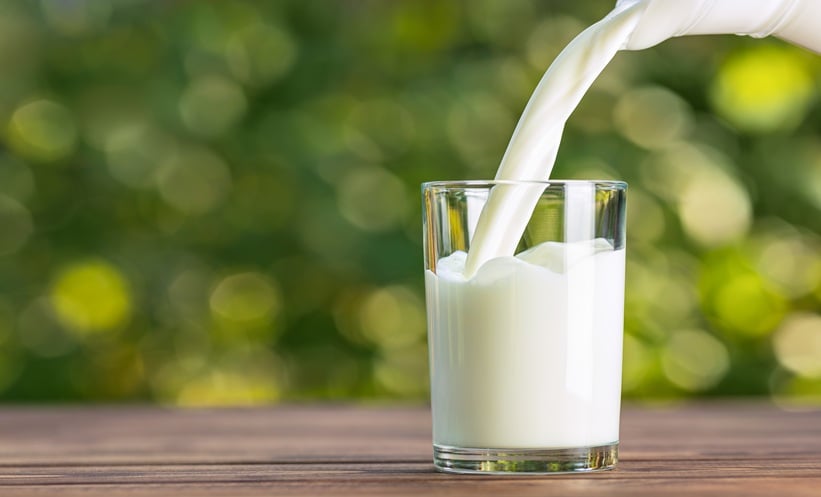MIGRAINE is a widespread neurological disorder affecting over a billion people globally, ranking as the second most debilitating health condition. Characterised by severe headaches that can last for hours or days, migraines can significantly disrupt daily life. Increasingly, nutritional therapy is being recognised as a vital tool in managing this condition.
Recent research has examined the potential link between milk consumption and migraine, given milk’s rich nutrient profile, including calcium, vitamin D, and riboflavin, which may help reduce migraine frequency. However, findings have been mixed. While some studies suggest milk nutrients are protective, others associate the fat content, especially in whole milk, with heightened migraine risk.
A new study using data from NHANES 1999–2004 set out to clarify this relationship in a large, diverse sample of American adults. The study investigated whether different types of milk, whole, skimmed, or lactose-free, affect migraine incidence. Overall milk consumption did not show a significant link with migraines. However, a notable finding emerged: those who consumed only skimmed milk in the past 30 days were significantly less likely to experience migraines.
This inverse association may be explained by the lower fat content in skimmed milk, which reduces intake of saturated fats that are implicated in inflammation and migraine triggers. Additionally, skimmed milk retains beneficial nutrients such as riboflavin and tryptophan, which support energy metabolism and serotonin production – both important in migraine prevention.
Importantly, the study found no significant differences across subgroups such as sex, age, or BMI, suggesting the association between skimmed milk and reduced migraine risk may be consistent across the population.
While the results are promising, they do not establish causation. More prospective studies are needed to confirm these findings and uncover the underlying mechanisms. Nevertheless, this research highlights a potential dietary strategy in migraine prevention, suggesting that choosing skimmed milk over whole milk could be a simple, practical change for those affected.
Reference
Gao X et al. Association between milk consumption and migraines among American adults: national health and nutrition examination survey. BMC Nutr. 2025;11(1):70.








